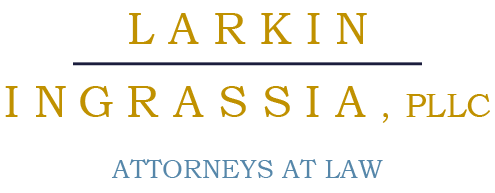What is Judicial Diversion, and how do I get it?
If you or a loved one face certain felony charges, you may have heard about the Judicial Diversion Program (Diversion). Out of recognition that many offenders commit crimes in part due to dependency on alcohol or other drugs, Diversion allows non-violent felony offenders to avoid jail or probation while helping them get drug or alcohol treatment. Successful completion of Diversion may also help an offender reduce their conviction from a felony to a misdemeanor, or better.
Who is eligible for Diversion?
Section 216.00 of the criminal procedure law governs eligibility, and it states an offender is eligible if charged with a class B, C, D, or E felony offense contained in article 179 (1), article 220 or article 221 of the penal law; or any offense listed as an eligible offense for Willard.
An otherwise eligible offender, however, is ineligible without consent of the District Attorney if:
- Convicted within the preceding ten years of
- A violent felony offense, or
- Any other felony for which merit time is not available (2), or
- Any class A controlled substance felony; or
- Previously adjudicated a second violent or persistent violent felony offender; or
- Charged with a violent felony offense or any other felony for which merit time is not available (2).
After an eligible defendant requests Diversion, which must take place before a plea of guilty or the beginning of a trial, the court will order a substance abuse evaluation by the treatment team. Part of this evaluation will include an evaluation of the defendant’s history of abuse and any mental health history or needs. If the treatment team indicates the defendant’s abuse or dependence could be effectively addressed by Diversion, it will also include a recommended treatment plan, which will include the type of treatment (e.g., inpatient, intensive outpatient), the length of treatment, and other parameters.
Even if eligible, and accepted by the treatment team, the prosecution may request a hearing to argue against a defendant’s entry into Diversion. The court is allowed at this hearing to take testimony in addition to hearing argument, and must decide whether to admit the defendant into Diversion. Such decision is based on several factors, including the defendant’s danger to the public, substance abuse dependency and the impact such dependency has had on the defendant’s criminal behavior.
Should you pursue Judicial Diversion?
Prior to pursuing entry into Diversion, a conversation should be had with your attorney regarding the pros and cons of such a decision. Understand that a plea of guilty to a felony charge is typically required to enter into Diversion absent exceptional circumstances. This means foregoing any potential defenses to the charge, including suppression arguments and a trial. Although successful completion brings with it the potential of a substantial reduction in the charges, and other potential benefits, Diversion typically requires a multi-year commitment, and the treatment team has almost complete control over treatment decisions. Failure to abide the terms of Diversion may result in removal.
For example, if a relapse occurs and the treatment team decides inpatient care is required, or if the treatment team determines inpatient care is required from the beginning, refusing to enter inpatient may result in removal from Diversion and being sentenced on the felony plea. In addition to substance abuse treatment, Diversion may also require being subject to random testing, and court appearances as frequently as once per week for status updates. Any new arrests could also result in removal.
If removed from the program, the felony conviction stands and the judge may impose any sentence up to and including the maximum allowed by law. Additionally, removal from Diversion brings with it the risk of more severe punishment than could potentially be negotiated if Diversion is not pursued. For these reasons, an attorney may advise a client not pursue Diversion under certain circumstances. For example, if the client does not have a strong desire to seek treatment, but views Diversion as a way to lessen criminal culpability, the chances of removal are greater. It may also not be a suitable way to resolve the case if, for instance, significant conflicts with employment would make it difficult to comply with the requirements of Diversion.
Alternatives to Diversion
Where Diversion is not a realistic option, whether because the court will not grant it or because successful completion is seen as unlikely, alternatives such as interim probation, Shock, or Willard may also be explored. In such circumstances, an experienced attorney should be able to assist in developing the best plan of action.
If you or someone you know is charged with a crime, the attorneys at Larkin Ingrassia, PLLC have over fifty years of combined criminal defense experience in Orange, Dutchess, Ulster, Rockland, Westchester, Sullivan and Putnam Counties, including both litigating cases in court and in arriving at plea resolutions favorable to our clients’ needs. Contact us for a free criminal case consultation.
Footnotes:
- Until July 5, 2021.
- See section 803(1)(d)(ii) of the correction law
Related:
What is Shock Incarceration, and how to I get it?
What is Willard, and how to I get it?


